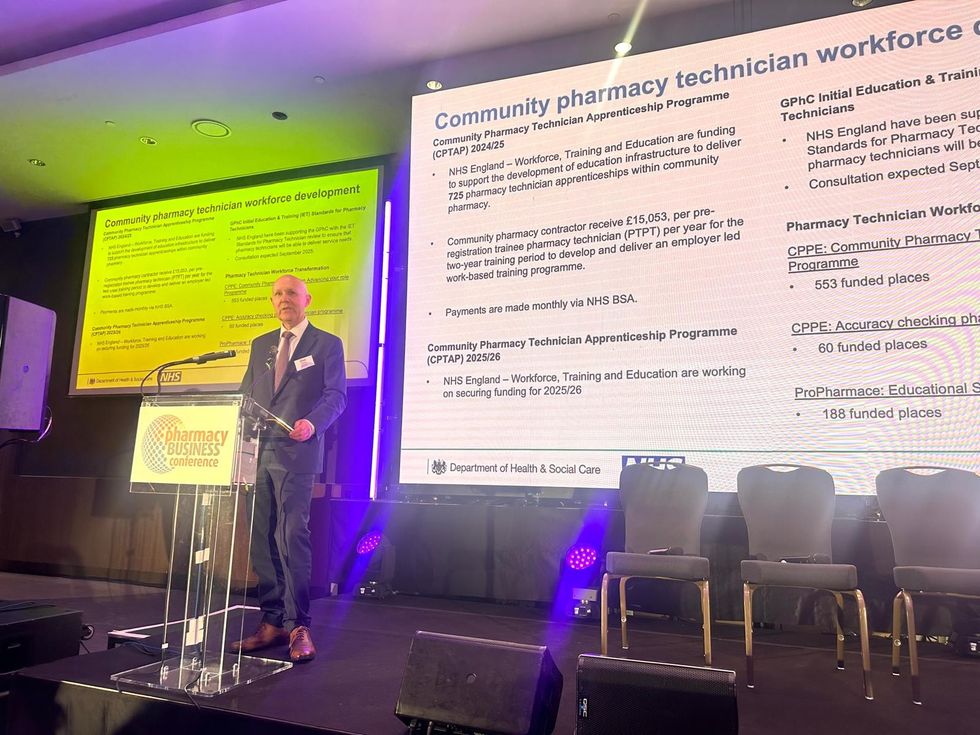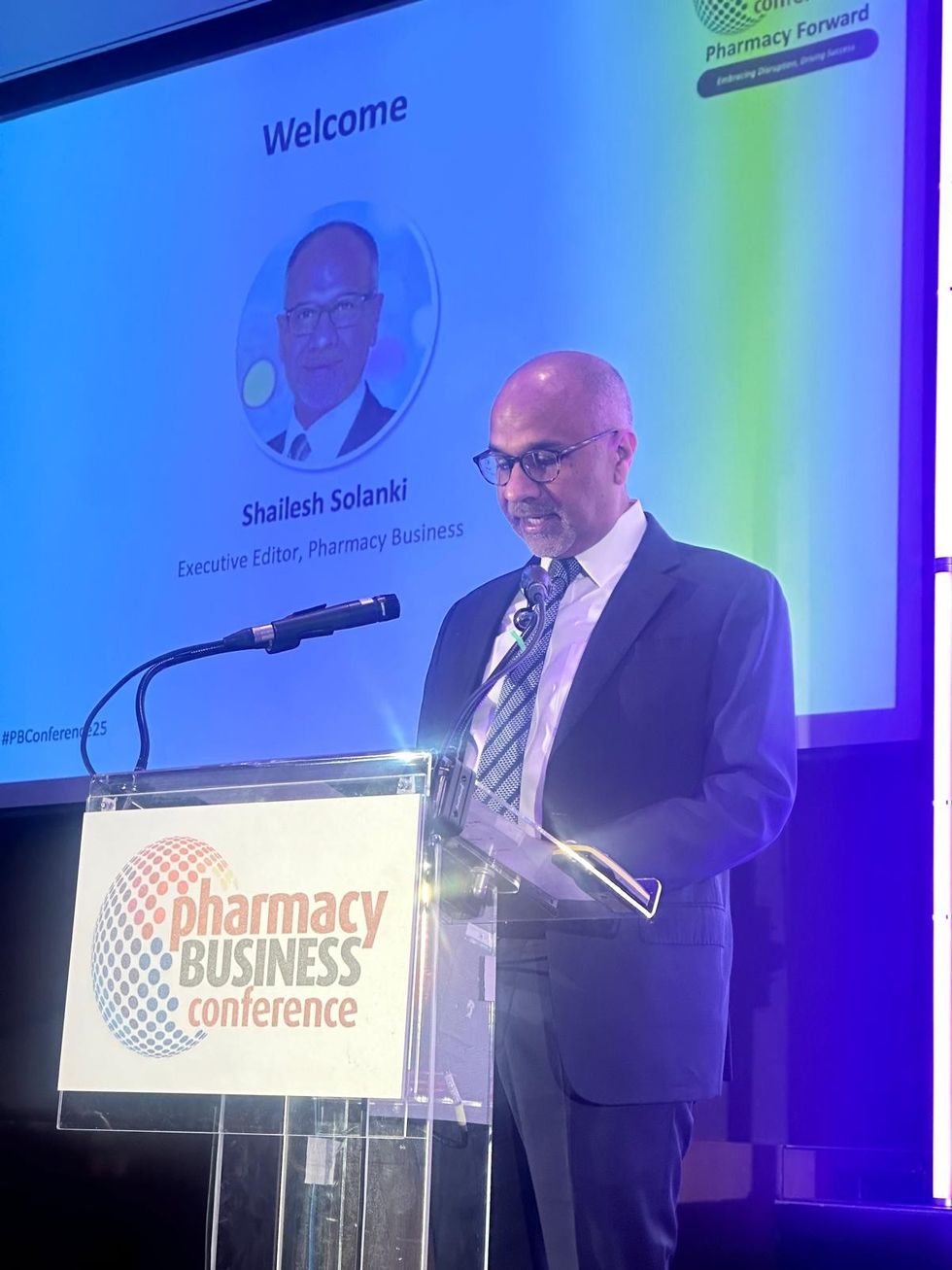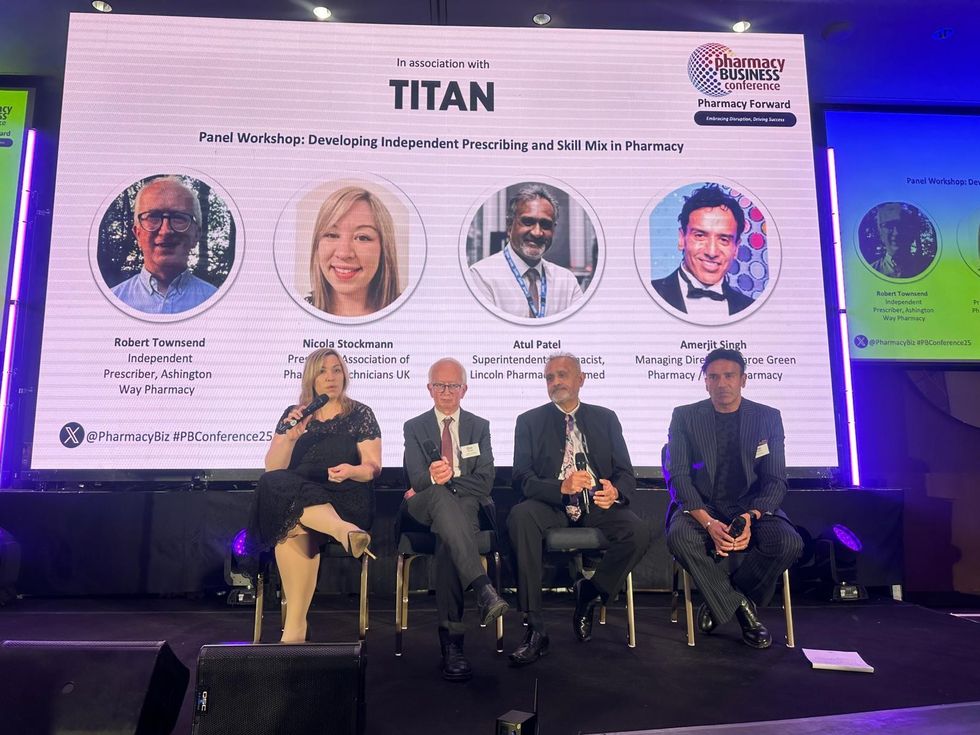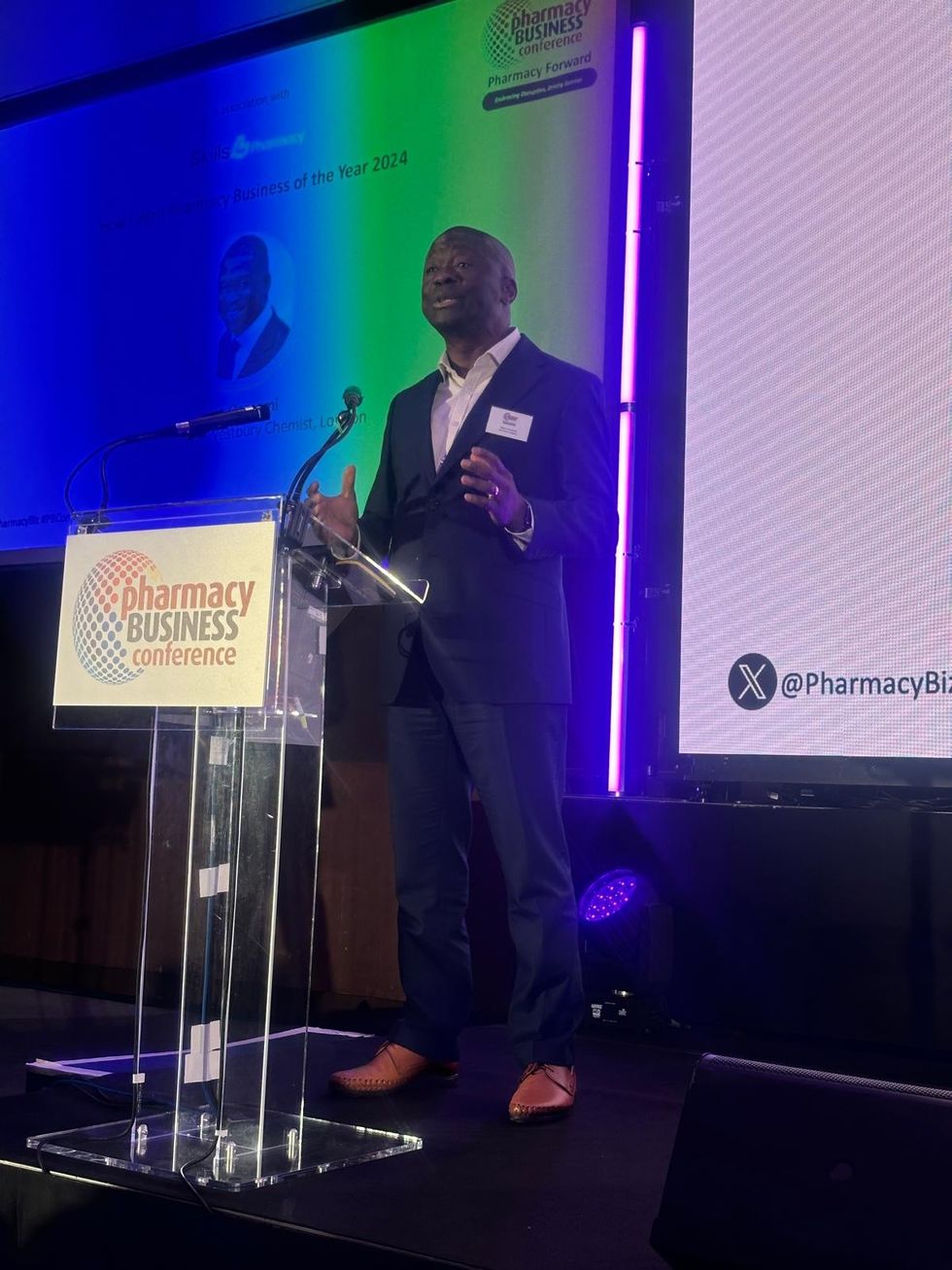By Umesh Modi and Vinku Shah
The VAT penalties regime has had substantial changes with effect from 01 January 2023 and it is important for community pharmacy business owners to take note as this is a crucial cash inflow for most. Below we explore the changes that will impact all VAT registered community pharmacy businesses.
Old regime
Prior to 01 January 2023, VAT registered businesses that failed to file their VAT returns or pay any VAT liabilities would be subject to the default surcharge regime. There would be no surcharge for NIL or repayment VAT returns which would apply to most community pharmacy businesses.
New regime
For VAT periods starting on or after 01 January 2023, the default surcharge will be replaced by a new VAT penalties and interest regime if you submit your VAT returns late or pay your VAT liability late.
If you pay your VAT monthly or quarterly, the deadline for filing your VAT return and paying any VAT liabilities is one calendar month and 7 days after the end of the respective period. For example, if you are filing the VAT return for the month or quarter ended 30 June 2022, the deadline for filing will be 07 August 2022. The liability must also be paid and cleared by that date.
The new penalties and interest regime will now also include nil or repayment returns and all returns will be subject to late submission penalty points and financial penalties.
Late filing of VAT returns
Late submission penalties will be based on a points system. For each late VAT return (including Nil or repayment VAT returns), one penalty point will be received. Once a penalty point threshold is reached, a £200 penalty will be levied and a further £200 for each subsequent late submission. The late submission penalty points threshold will depend on your VAT return submission frequency i.e., whether monthly, quarterly, or annual VAT returns.
The points will reset to zero if you submit your VAT returns on or before the due date for your period of compliance and ensure all outstanding returns due for the previous 24 months have been received by HMRC. The table below summarizes the penalty points and compliance period.
| Submission frequency | Penalty points threshold | Period of compliance |
| Annually | 2 | 24 months |
| Quarterly | 4 | 12 months |
| Monthly | 5 | 6 months |
HMRC repayment timelines
HMRC has strict time limits to conform to when making VAT repayments. Repayments should be made within 30 days of the date on which the VAT return has been filed. The 30-day timeline starts from the day HMRC receives your VAT return and ends the day your repayment is approved and not when you receive your VAT refund.
Please be aware that HMRC does not count the time taken to check the accuracy of your VAT return, and to correct any errors and omissions as part of this 30-day period therefore it is crucial that you get your VAT returns right and submitted in time otherwise you could be waiting for your VAT refund longer than expected.
HMRC repayments
HMRC repayments are generally made within the time limits discussed above but if your VAT returns are overdue, HMRC will only release the VAT repayments once all outstanding VAT returns have been brought up to date. When a number of outstanding VAT returns are filed together, there is always a possibility that HMRC may enquire into those VAT return therefore the business could have a substantial cash inflow delay.
Repayment supplement
If you accounting period started on or before 31 December 2022 and HMRC does not repay the VAT in time, the business may be entitled to a repayment supplement. To qualify for a repayment supplement, the VAT return must have been filed on time and accurate to within £250 or, if higher, 5% of the repayment claim.
If HMRC does not pay the repayment on time and the above conditions are met, the business would be entitled to a repayment supplement of 5% of the repayment, with a minimum of £50. Repayment supplement will not be available for outstanding VAT returns.
Repayment interest
The repayment supplement will be withdrawn from 1 January 2023.
For accounting periods starting on or after 1 January 2023, HMRC will pay you repayment interest on any VAT that you are owed, provided the VAT returns have been filed on time.
This will be calculated from the day after the due date or the date of submission (whichever is later) and until the day HMRC pays you the repayment VAT amount due to you in full. Repayment interest will be calculated as the Bank of England base rate minus 1%. The minimum rate of repayment interest will always be 0.5% even if the repayment interest calculation results in a lower percentage.
Late payment of VAT
If your VAT return is not a nil or repayment return, the sooner you pay your VAT liability, the lower the penalty rate will be.
Up to 15 days overdue
You will not be charged a penalty if you pay the VAT you owe in full or agree a payment plan on or between days 1 and 15.
Between 16 and 30 days overdue
You will receive a first penalty calculated at 2% on the VAT you owe at day 15 if you pay in full or agree a payment plan on or between days 16 and 30.
31 days or more overdue
You will receive a first penalty calculated at 2% on the VAT you owe at day 15 plus 2% on the VAT you owe at day 30. You will receive a second penalty calculated at a daily rate of 4% per year for the duration of the outstanding balance. This is calculated when the outstanding balance is paid in full, or a payment plan is agreed.
Period of familiarisation
To give you time to get used to the changes, HMRC will not be charging a first late payment penalty for the first year from 1 January 2023 until 31 December 2023, if you pay in full within 30 days of your payment due date.
Late payment interest
From 1 January 2023, HMRC will charge late payment interest from the day your payment is overdue to the day your payment is made in full. Late payment interest is calculated as the Bank of England base rate plus 2.5%.
Whether you have a nil return, repayment return, or a VAT liability on your VAT returns, you must file your VAT returns as well as pay any liability on time to avoid unnecessary penalties for late filing of VAT returns or late payment of VAT liabilities. Late filing of a repayment VAT return could have a greater adverse effect on the business than penalties in terms of cash flow.
This article is based on current practice and is for guidance only. Specific professional advice should be taken before acting on matters mentioned here. Umesh Modi BA ACA is a Chartered Accountant and Tax Advisor, and a partner at Silver Levene LLP. He can be contacted on 020 7383 3200 or umesh.modi@silverlevene.co.uk. Vinku Shah FCCA is a Chartered Certified Accountant and Manager at Silver Levene LLP. He can be contacted on 020 7383 3200 or vinku.shah@ silverlevene.co.uk.










![Potential Side Effects of Mounjaro [What You Need to Know]](https://www.pharmacy.biz/media-library/image.jpg?id=54516976&width=1245&height=700&quality=90&coordinates=0%2C29%2C0%2C29)


 Health Secretary Wes Streeting addresses Pharmacy Conference via video
Health Secretary Wes Streeting addresses Pharmacy Conference via video  David Webb, chief pharmaceutical officer of NHS England
David Webb, chief pharmaceutical officer of NHS England Shailesh Solanki, executive editor of Pharmacy Business
Shailesh Solanki, executive editor of Pharmacy Business L-R: Yasmin Karsan, Pritee Panchmatia and Fin McCaul
L-R: Yasmin Karsan, Pritee Panchmatia and Fin McCaul  L-R: Baba Akomolafe, Rachna Chhatralia, Patricia Tigenoah-Ojo and Raj Matharu
L-R: Baba Akomolafe, Rachna Chhatralia, Patricia Tigenoah-Ojo and Raj Matharu L- R: Nicola Stockmann, Robert Townsend, Atul Patel and Amerjit Singh
L- R: Nicola Stockmann, Robert Townsend, Atul Patel and Amerjit Singh Wole Ososami, lead pharmacist at Westbury Chemist
Wole Ososami, lead pharmacist at Westbury Chemist

